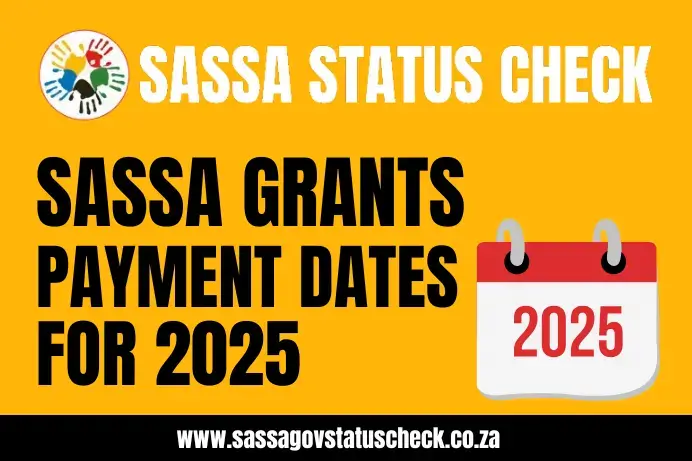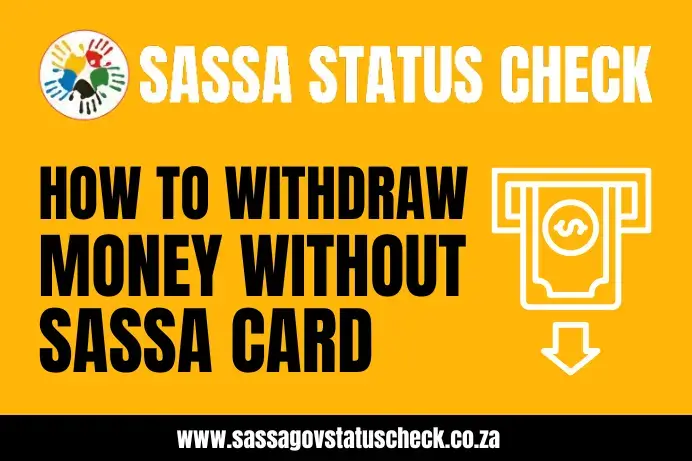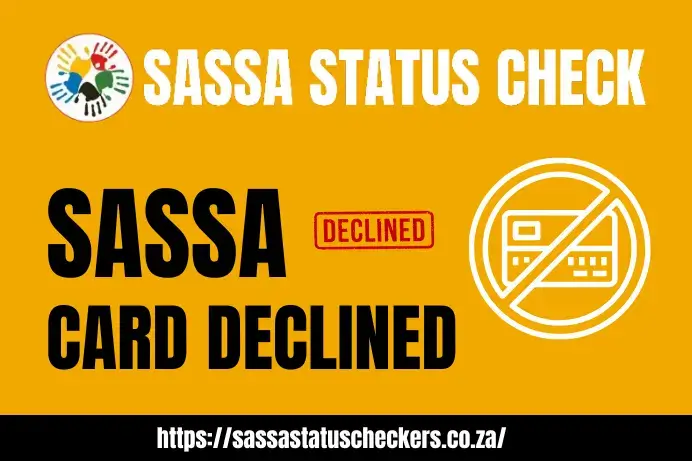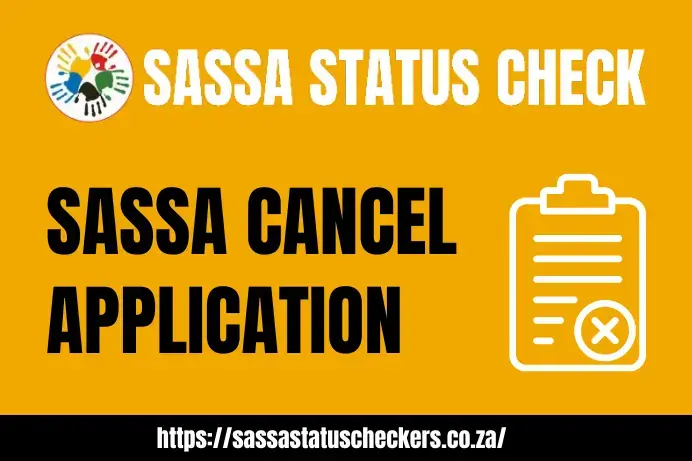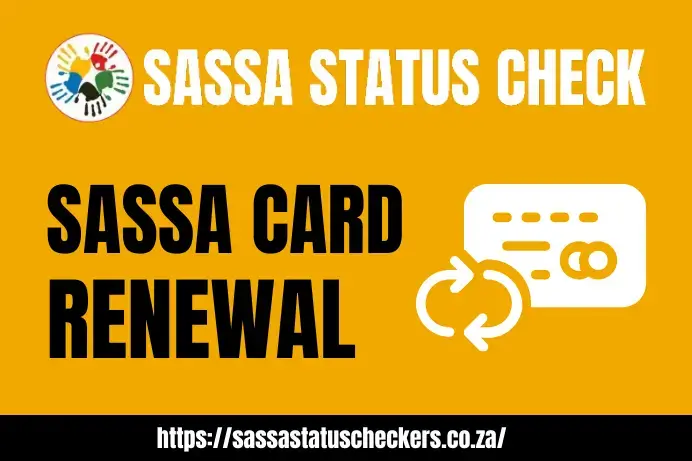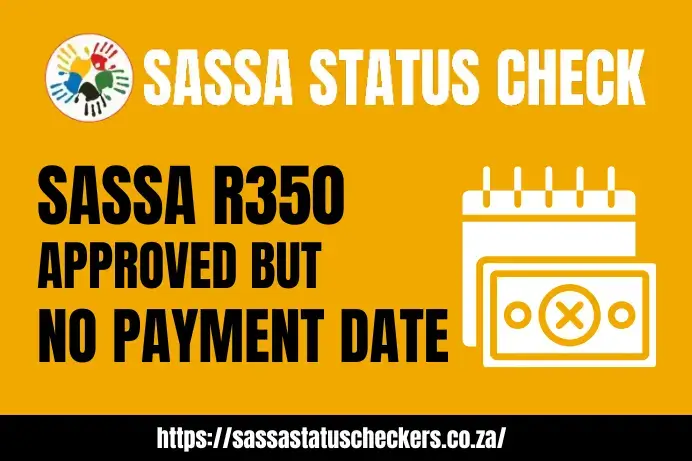Types of SASSA Grants in South Africa: A Simple Guide
Need help understanding SASSA grants? You’re not alone! The South African Social Security Agency (SASSA) offers various grants to support individuals and families in need. This guide breaks down the different types of SASSA grants available, making it easy to understand what each one offers and who is eligible.
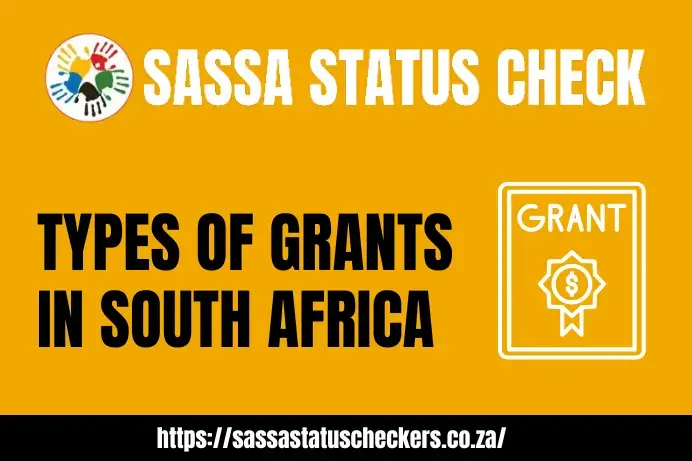
We’ll walk you through each grant, explaining its purpose and the requirements you need to meet to qualify. Let’s dive in and explore the support options available to you.
Understanding the Different Types of SASSA Grants
SASSA provides a lifeline for many South Africans. These grants aim to alleviate poverty and ensure basic needs are met. Let’s explore each grant in detail.
1. Older Person’s Grant
This grant, also known as the old age pension, supports senior citizens. It helps older persons maintain a decent standard of living.
Who can apply?
- Must be a South African citizen, permanent resident, or refugee.
- Must reside in South Africa.
- Must be 60 years or older.
- Must not receive another social grant for themselves.
- Must comply with the means test (income and assets assessment).
- Must not be cared for in a State Institution.
For more information, visit the SASSA website.
2. Child Support Grant
The Child Support Grant assists primary caregivers in meeting the basic needs of children. This helps ensure children have a better start in life.
Who can apply?
- The primary caregiver must be a South African citizen, permanent resident, or refugee.
- Both the caregiver and child must reside in South Africa.
- The child must be under 18 years old.
- The caregiver and spouse must meet the requirements of the means test.
- An applicant cannot apply for more than six non-biological children.
- The child cannot be cared for in a state institution.
For more information, visit the SASSA website.
3. Foster Child Grant
This grant supports foster parents in caring for children placed in their custody by the court. It helps cover the costs associated with raising a foster child.
Who can apply?
- The foster parent must be a South African citizen, permanent resident, or refugee.
- Both the foster parent and the child must reside in South Africa.
- The child must have been legally placed in the care of the foster parents.
- The child must remain in the care of the foster parents for the duration of the grant.
For more information, visit the SASSA website.
4. Disability Grant
The Disability Grant provides financial assistance to people with disabilities. It helps them cope with the challenges of daily living.
Who can apply?
- Must be a South African citizen, permanent resident, or refugee.
- Must be resident in South Africa.
- Must be 18 to 59 years of age.
- Must submit a medical assessment report confirming the impact of the disability.
- The medical assessment must not be older than 3 months at the date of application.
- The applicant and spouse must meet the requirements of the means test.
- Must not be maintained or cared for in a State Institution.
- Must not receive another social grant for themselves.
To download the Medical Assessment Referral Form and for more information, visit the SASSA website.
5. Care Dependency Grant
This grant supports parents or caregivers of children with severe disabilities who require constant care. It helps with the extra expenses involved in looking after a child with special needs.
Who can apply?
- The applicant must be a South African citizen, permanent resident, or refugee.
- The applicant and child must be resident in South Africa.
- The child must be under the age of 18 years.
- Must submit a medical assessment report confirming permanent, severe disability.
- The applicant and spouse must meet the requirements of the means test (except for foster parents).
- The care-dependent child must not be permanently cared for in a State Institution.
Note: The income of foster parents will not be taken into consideration.
For more information, visit the SASSA website.
6. Grant-in-Aid
This grant provides additional financial support to individuals who already receive an Older Persons Grant, Disability Grant, or War Veteran’s Grant and require constant assistance from another person due to their physical or mental disabilities.
Who can apply?
- Must be receiving an Older Persons Grant, Disability Grant, or War Veteran’s Grant.
- Must require regular attendance by another person for activities of daily living due to physical or mental disabilities.
- Must not be cared for in an institution that receives a subsidy from the State for their care/housing.
Note: The Grant-in-Aid cannot stand alone. If the primary grant lapses, so will the Grant-in-Aid.
For more information, visit the SASSA website.
7. SRD (Social Relief of Distress) Grant
The SRD grant, particularly the R350 grant, was introduced to provide temporary financial assistance to individuals facing severe economic hardship, especially during the COVID-19 pandemic.
Considering applying for the SRD grant? You might also want to check your SASSA SRD R350 grant status via Moya App for a convenient way to stay updated.
Who can apply?
- South African citizens, permanent residents, or refugees.
- Individuals who are unemployed.
- Individuals who do not receive any other social grants or UIF payments.
- Individuals who have insufficient means to support themselves.
8. War Veterans Grant
This grant is for veterans who served in wars like World War II or the Korean War. It provides financial assistance to support their well-being.
Who can apply?
- Must be a war veteran who served in World War II or the Korean War.
- Must be older than 60 years old or disabled.
- Must not be receiving any other social grant.
9. NSFAS (Educational) Grant
NSFAS, or the National Student Financial Aid Scheme, helps students from low-income households afford higher education. This grant covers expenses like tuition, accommodation, and textbooks.
Who can apply?
- South African students from low-income households.
- Students pursuing higher education at public universities or TVET colleges.
- Students who meet the academic requirements set by NSFAS.
How to Apply for a SASSA Grant
Applying for a SASSA grant is a straightforward process. You can apply online or in person.
Online Application:
- Visit the SASSA services website.
- Register as a new user by clicking the “Register” button.
- Provide the required information, including your ID number, name, and contact details.
- Create a secure password.
- Log in to SASSA services using your username and password.
- Click on “Apply for a Grant” and choose the type of grant you want.
- Complete the grant application form with all the required information.
- Upload certified supporting documents in PDF format.
In-Person Application:
- Contact your local SASSA office for more information.
- Collect an application form.
- Fill out the form and attach the required documents.
- Submit the completed application form and documents to SASSA staff.
FAQs About SASSA Grants
What documents are required for a SASSA grant application?
Required documents vary depending on the grant type. Generally, you’ll need proof of identity, income, bank statements, and medical assessments (if applicable).
Can non-South African citizens apply for SASSA grants?
Non-South African citizens may be eligible if they meet specific criteria, such as being a permanent resident or refugee.
How often are SASSA grants paid?
SASSA grants are typically paid monthly, although some programs may have quarterly or annual payments.
Conclusion
SASSA grants play a vital role in supporting vulnerable individuals and families in South Africa. From the Older Person’s Grant to the Child Support Grant, each provides essential financial assistance. Understanding the different types of SASSA grants and their eligibility requirements can help you access the support you need. If you are not satisfied with the decision of SASSA, you always have the option to lodge an appeal. This guide simplifies the process, ensuring you know your options and how to apply. For more information and to check your SASSA status, visit our homepage.

